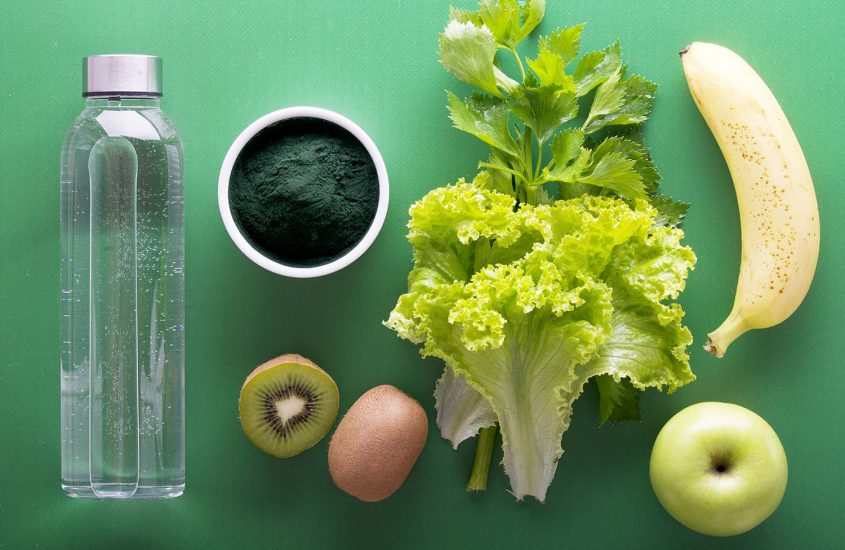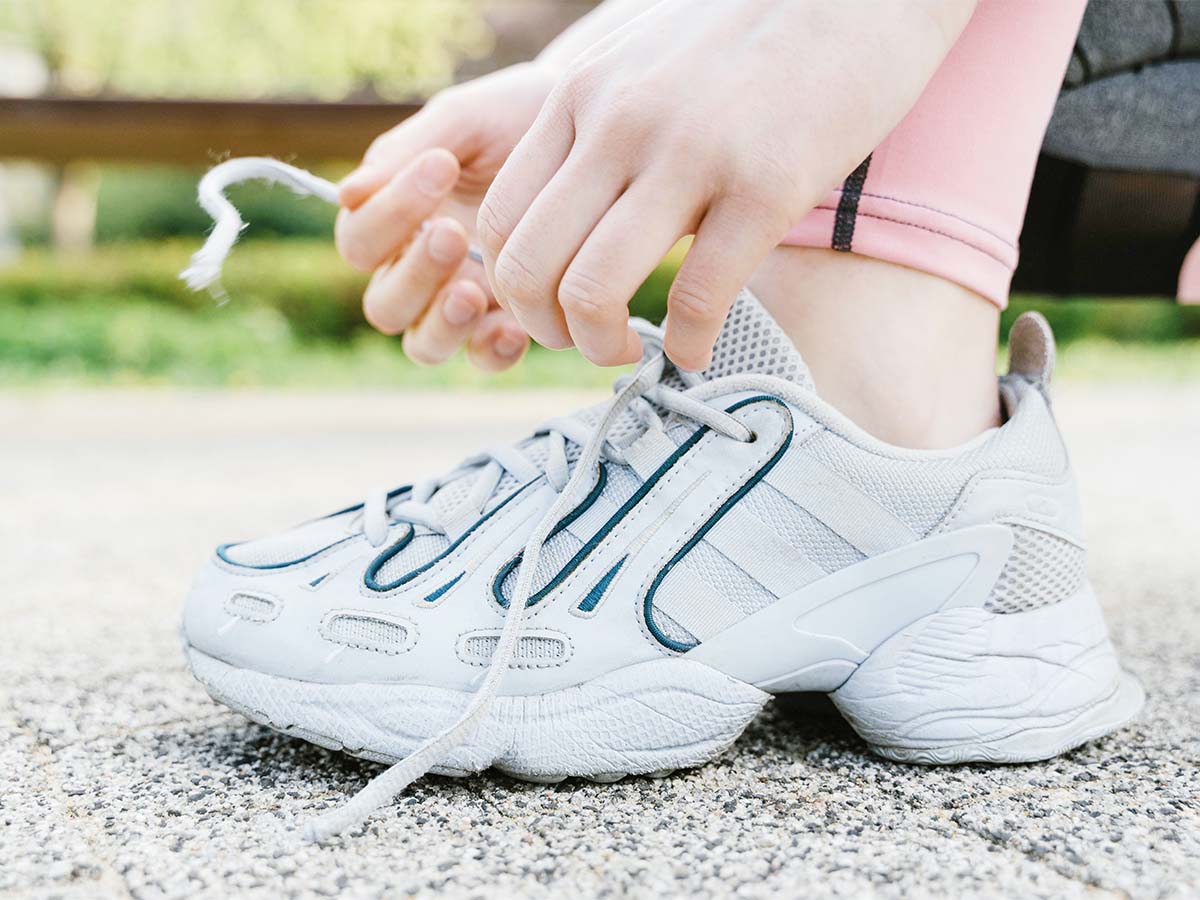RAMADAN WELLNESS

While fasting from dawn to dusk is a spiritual obligation for Muslims during the Holy Month, it is equally important to maintain good health throughout this period. Here are some essential tips for staying healthy and energised during Ramadan.
Stay Hydrated
Keeping yourself hydrated outside of fasting hours is extremely important during Ramadan. It’s crucial to drink plenty of fluids between Iftar and Suhour. Opt for water as your primary choice and avoid aerated drinks such as sodas, as well as caffeinated beverages like tea and coffee, which can lead to dehydration. Remember, staying hydrated helps maintain bodily functions and prevents fatigue.
Eat Hydrating Foods
Make sure to include hydrating foods into your meals. Dishes like soups and stews, as well as fruits and vegetables that have a high water content, such as watermelon, squash and spinach, are a good choice. These will not only provide essential nutrients but also help to replenish any fluids lost during the fasting period.
Choose the Right Foods
Start your day with a balanced Suhour meal comprising of complex carbohydrates, such as fruit, vegetables, beans, chickpeas or lentils. These release energy slowly, keeping you energised throughout the fasting hours. Avoid fried and processed foods and instead go for more nutritious options, including low-fat dairy and healthy unsaturated fats, such as avocado, nuts, salmon, olives and olive oil.



Eat Slowly
For a more comfortable fasting experience, take your meals slowly to avoid overeating, particularly when breaking your fast. With mindful eating, you’ll not only help prevent any discomfort from overindulging, but you’ll also enjoy your food more!
Exercise Moderately
Although it’s important to stay active during Ramadan, heavy exercise while fasting can lead to dehydration and fatigue. Instead, try to limit yourself to moderate activity, such as walking after Iftar or before Suhour, so as not to put too much strain on your body.
Prioritise Sleep
Try to get at least seven to eight hours of quality sleep every night to support your overall health and well-being. A good night’s sleep has countless benefits and will help rejuvenate your body and mind to keep you energised and alert while fasting.
Consult a Doctor
If you have any underlying health conditions, such as diabetes or cardiac issues, make sure to consult with your doctor before fasting.






























Comments are closed.